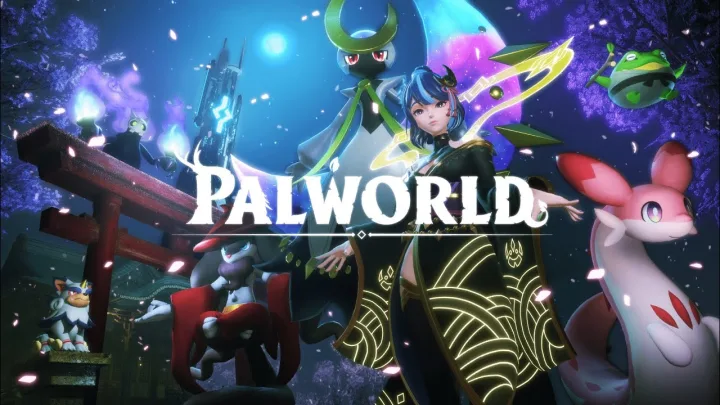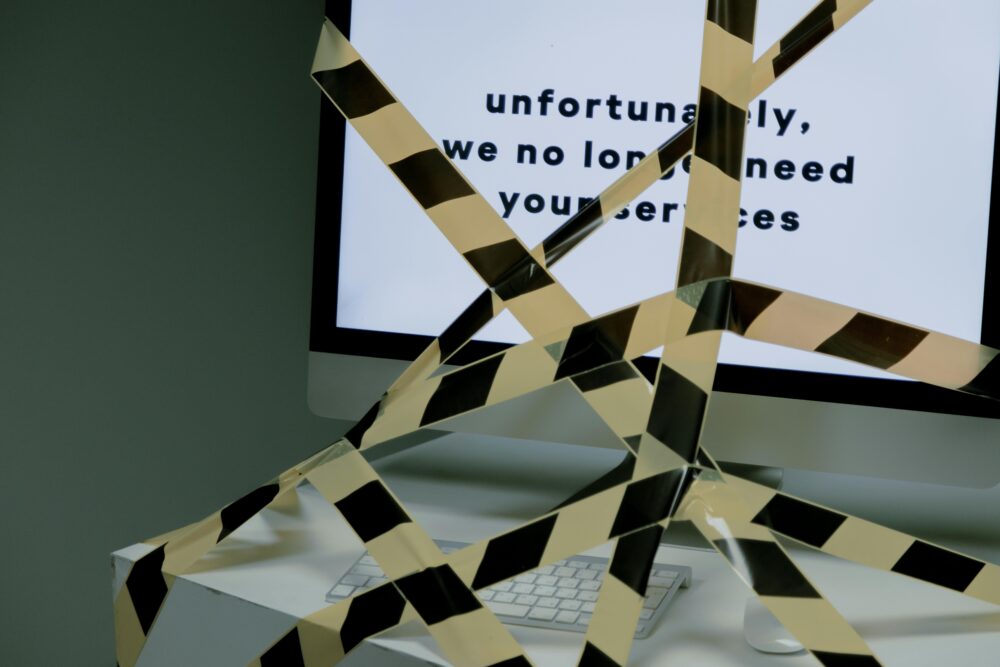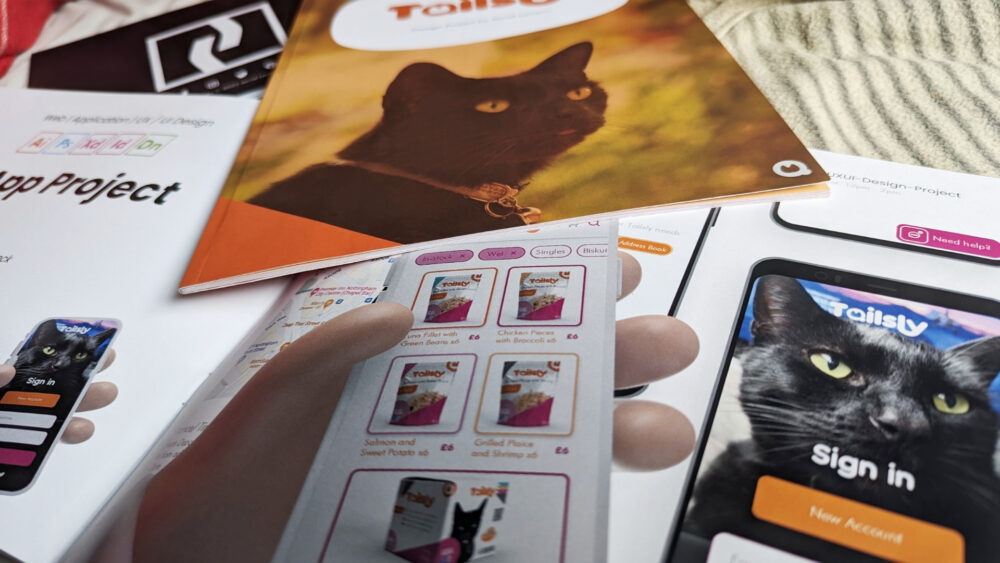Introduction:
Nintendo and The Pokémon Company’s recent lawsuit against Pocketpair, the creators of Palworld, is nothing short of a corporate assault on an indie developer. Instead of focussing on alleged design similarities or trademarks, Nintendo is using patent infringement as its weapon of choice, highlighting the malicious exploitation of the patent system to stifle competition. This move not only threatens Palworld but also sets a dangerous precedent for the future of indie game development. It’s time to stand with Pocketpair and recognise Palworld for the creative, fresh game it is—something that stands apart from Pokémon and deserves to thrive.
The Malicious Use of the Parent Patent System:
Nintendo’s lawsuit centres around “Patent No. 7545191,” filed in July 2024 and conveniently fast-tracked for approval by August. This divisional patent, based on an earlier “parent” patent from December 2021, focusses on the mechanics of capturing creatures—a common gameplay feature in many games, not just Pokémon. What makes this particularly troubling is how Nintendo filed the patent after Palworld had already launched in January 2024, despite Palworld being in development as early as 2023.
This timing is no accident. By filing divisional patents, Nintendo is essentially retroactively violating intellectual property laws to strike at a smaller, more successful game. Palworld had a huge launch, with 25 million players, and Nintendo saw this as a threat—not just to their dominance in the monster-catching genre, but to the innovation that Pocketpair brought to the table. This isn’t a case of protecting IP; it’s a blatant move to crush a competitor.

Image owned by Pocket Pair and Palworld
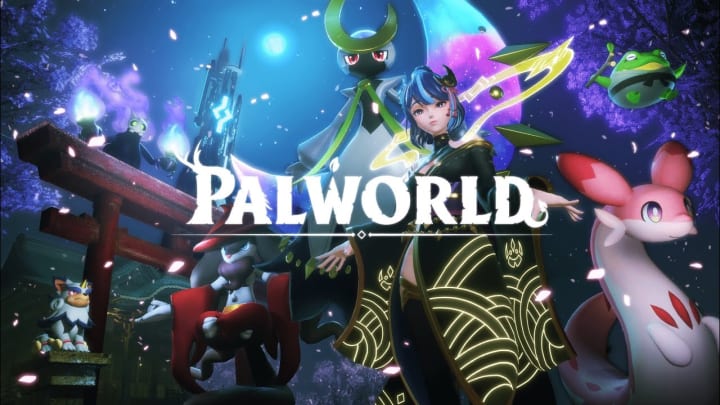
Image owned by Pocket Pair and Palworld
Palworld is Not Pokémon—It’s Something Better:
What makes this lawsuit even more outrageous is that Palworld isn’t a Pokémon clone. The game has more in common with Ark: Survival Evolved, blending multiplayer survival mechanics with creature interaction, something that Pokémon doesn’t offer. Sure, there’s a creature-catching mechanic, but that’s a common feature across many games. Nintendo’s attempt to monopolise such mechanics with vague patents is harmful to the industry as a whole.
If any context is necessary, we must remember that Pokémon itself allegedly borrowed heavily from earlier works—particularly the monster designs from Dragon Quest. It’s ironic, then, that Nintendo would take such an aggressive stance against Palworld when their own designs aren’t as original as they claim.
Pocketpair Deserves Support, Not Legal Bullying:
Pocketpair, the small indie studio behind Palworld, doesn’t have the vast resources Nintendo does. The lawsuit not only threatens to bankrupt the studio but also to set back the progress and creativity they’ve shown. Palworld’s development shows that indie developers can create something fresh, innovative, and more immersive than the behemoth that is Pokémon. This creativity should be celebrated, not punished.
Nintendo’s tactics are designed to suppress that innovation. By attacking Palworld on the basis of a patent filed after the game’s success, Nintendo is signalling that any game that rises to challenge their dominance will face legal repercussions. This is a gross abuse of the patent system, and it’s designed to scare other indie developers from creating similar games.
The Broader Impact on the Industry:
If Nintendo succeeds in this case, the implications for the gaming industry could be disastrous. It would encourage other large corporations to file vague patents on common mechanics and wait until smaller competitors succeed before striking. This kind of behaviour stifles creativity and innovation—the very things that make the gaming industry vibrant and exciting.
Indie developers, like Pocketpair, are the ones pushing boundaries. Games like Palworld offer players a different experience, a fresh perspective, and something that big studios like Nintendo have long forgotten in their quest to churn out sequels and rehashes of established franchises. Pocketpair didn’t copy Pokémon—they made something unique, and now they’re being punished for it.
Why We Must Stand with Pocketpair:
As gamers, developers, and fans of creativity, we need to make it clear that Nintendo’s behaviour is unacceptable. By using divisional patents as weapons, they are not just attacking Palworld, but they’re attacking the very heart of indie development. Pocketpair dared to create something that stood out in a crowded market, and they succeeded. Now, they face legal threats because Nintendo sees them as competition, not because of any real infringement.
Nintendo’s move is an attempt to monopolise mechanics that should belong to the entire gaming community, not just a single corporation. Pocketpair should be celebrated for what they’ve accomplished with Palworld, not dragged into an unnecessary legal battle. If this lawsuit succeeds, it will send a chilling message to other indie developers: success will be met with lawsuits, not recognition.
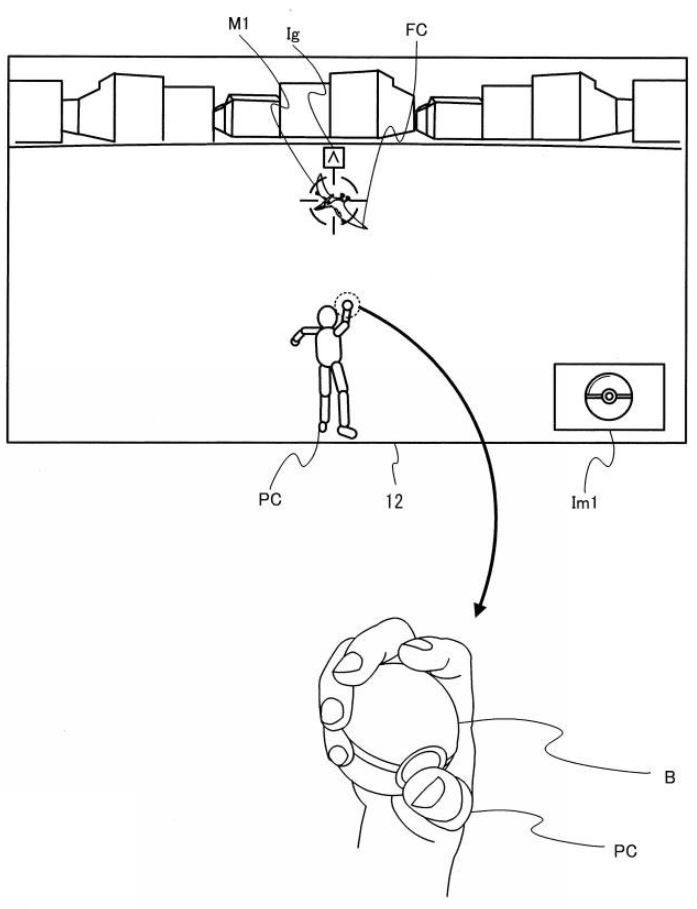
Patent No. 7545191, owned by Nintendo and The Pokémon Company
Image is sourced from [here]
Conclusion:
Nintendo’s lawsuit against Pocketpair is nothing more than a power play designed to crush a rising star in the gaming world. By exploiting the parent patent system, they’ve created a legal weapon designed to penalise Palworld for being too good, too innovative, and too successful. We must stand with Pocketpair and push back against this type of corporate bullying.
This is more than just a legal case—it’s a battle for the future of indie game development. Let’s ensure that the creativity, passion, and innovation that studios like Pocketpair bring to the gaming world are protected, not punished.
~ ~ ~ ~ ~
Some of the information in this article was gathered from an analysis by patent attorney Kiyoshi Kurihara, as detailed in Automaton Media’s post on the lawsuit.* While I have added my opinions as a passionate gamer and someone working in the creative sector, I’ve always been a fan of Nintendo. However, my stance on the company has shifted in light of this news.
The opinions expressed here are my own, informed by the facts I’ve uncovered and my disappointment in how Nintendo is handling this situation.
You can read the in-depth analysis [here].

Image owned by Pocket Pair and Palworld

